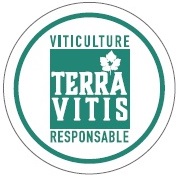
Sustainable Agriculture
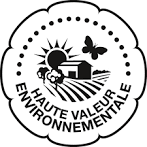
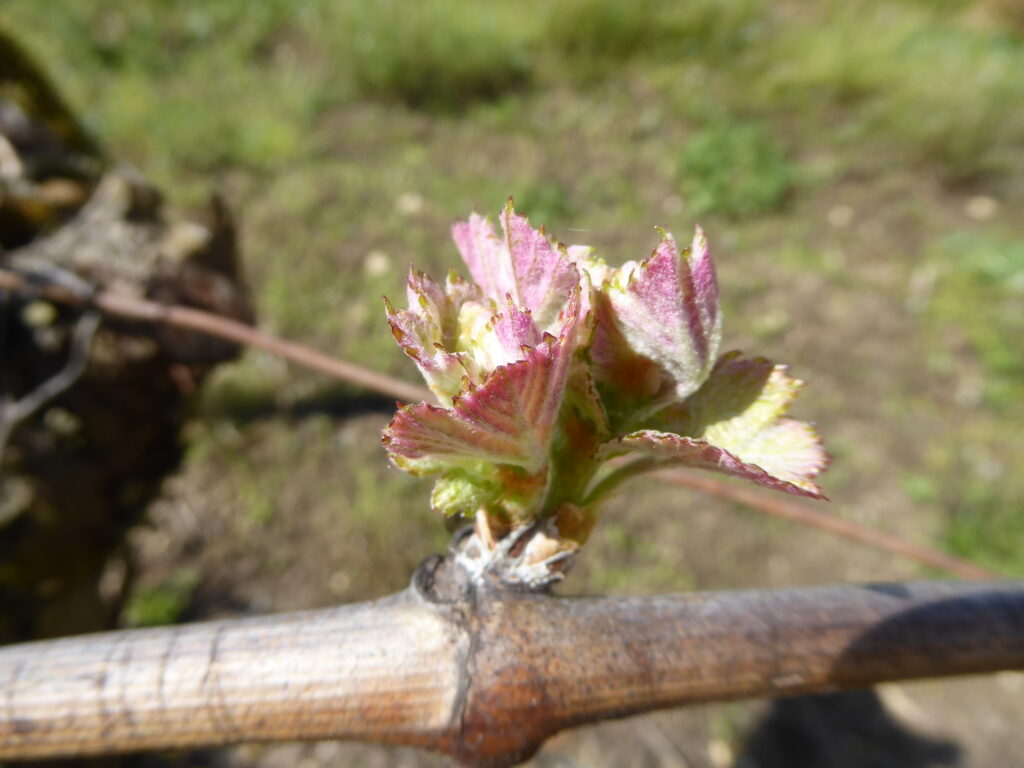
The particular character of all wine comes mainly from its grapes, and one of our priorities at Lisennes is not to interfere with our land and environment. The whole vineyard is managed in a way that reflects this and everything we do is in line with Agriculture Raisonnée (Sustainable Winegrowing). It implies methods that respect the soil, viticulture and vinification techniques, and also traceability (the recording of all detail of running the business). We pay particular attention to minimise our impact on life for Lisennes flora and fauna, and any use of chemicals is strictly controlled.
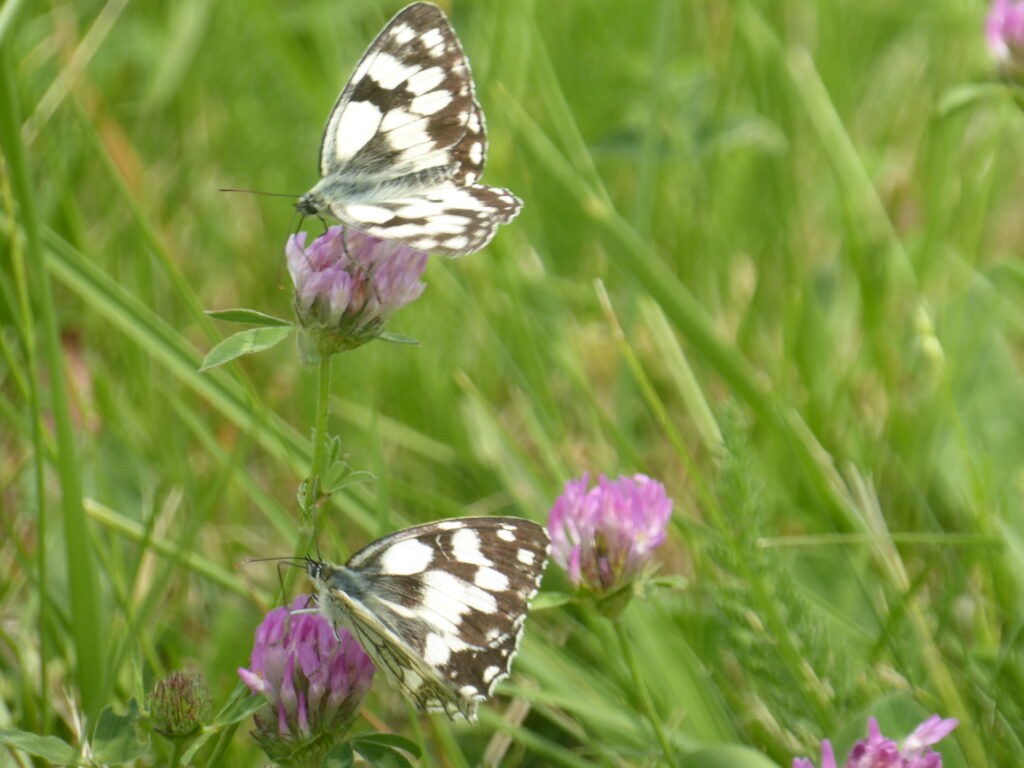
In 2009 we received a certificate for Agriculture Raisonnée. We are members of Terra Vitis, an organisation of vineyards making environmental efforts.
In 2013, we achieved the highest level of the HVE (High Environmental Value) certification – Level III.
Of course we are proud of this recognition, but our family really appreciates having vines and soils in good health and producing our raw material - healthy grapes.

Organic Farming
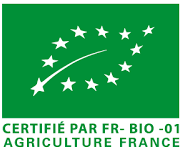
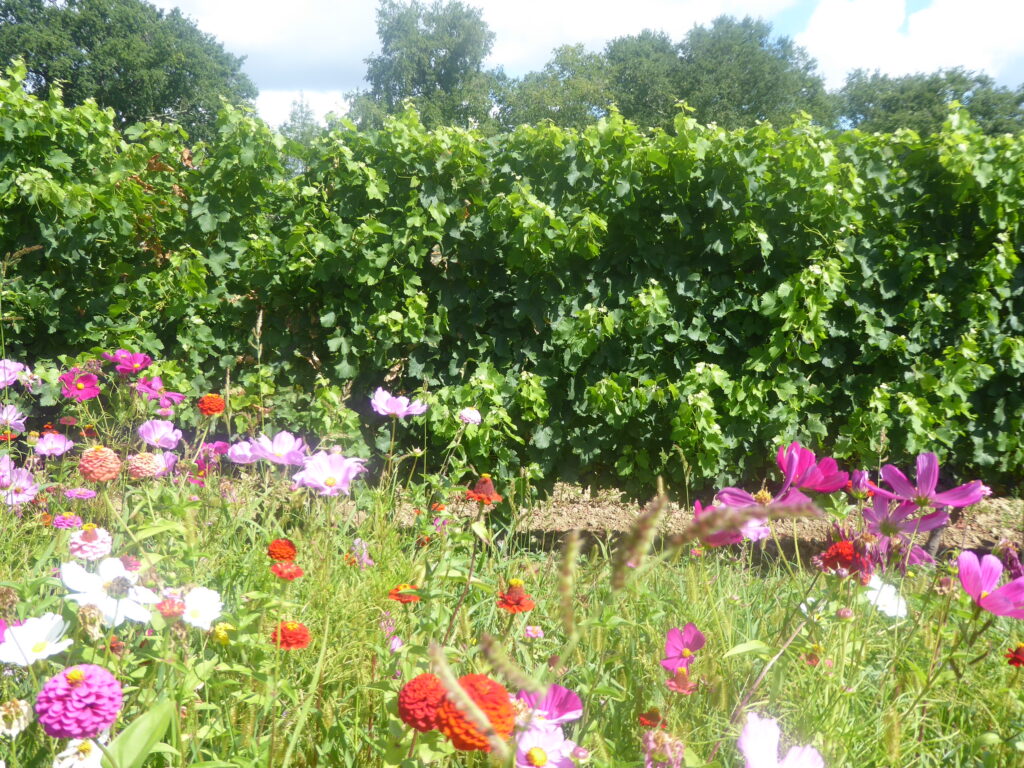
In 2010 we began cultivating two separate parcels of Merlot using Organic Farming rules that insist on mechanical weed control, encourage insects who eat harmful bugs, pheromone control of pests, and the sole use of only sulphur and copper sprays. In the cellar, we also respect nature.
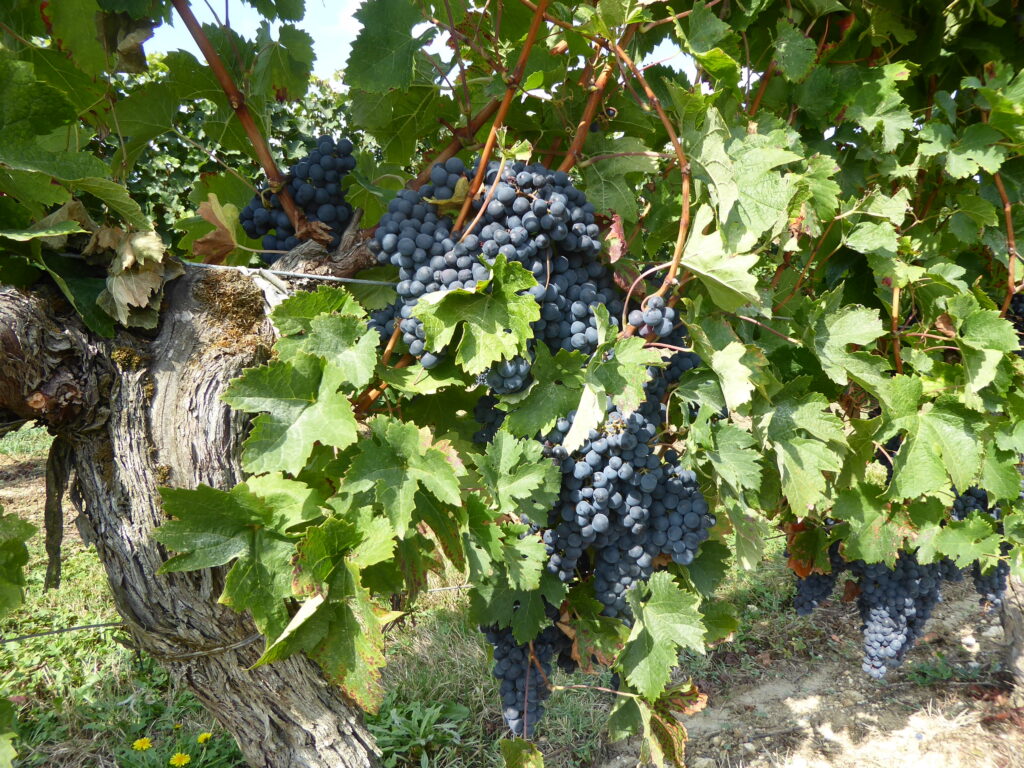
It took 3 years of conversion and in 2013, we released our first Organic red and rosé wines.
Today, 20 hectares are certified organic: Merlot, and also Cabernet Franc, Cabernet Sauvignon, and Malbec for the reds, as well as Sauvignon Blanc and Sauvignon Gris for the whites.
Our Commitments
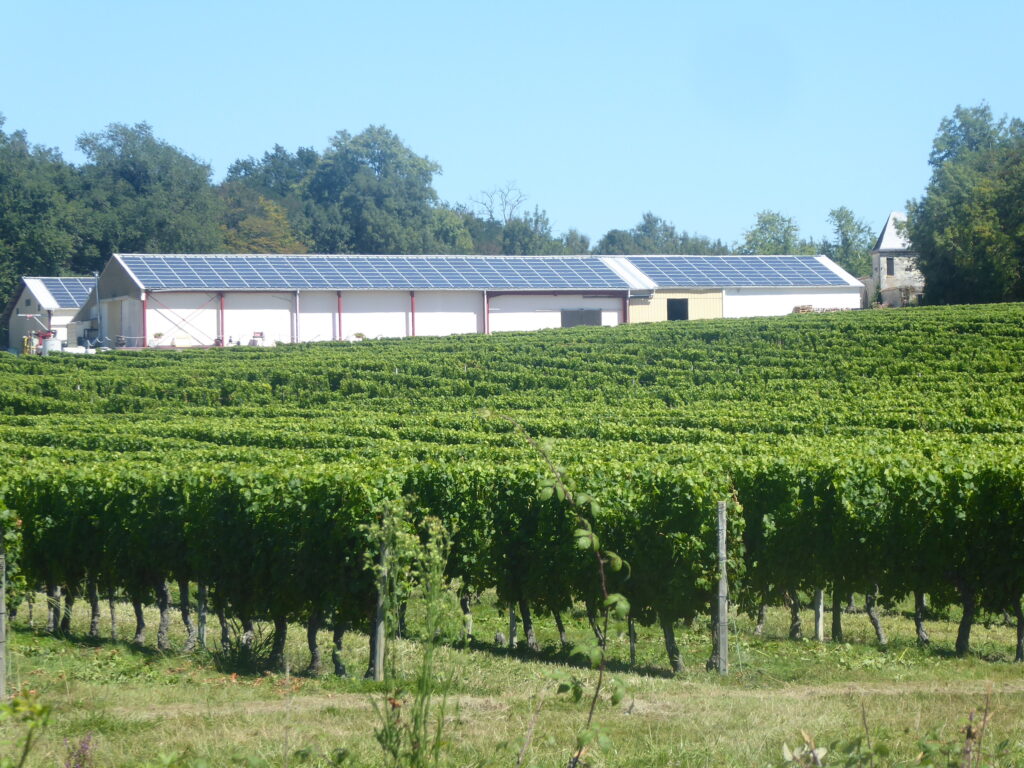
Our primary mission is to produce high-quality wines that reflect our exceptional terroir, while staying true to our ecological values. We have introduced several methods to this end. Here are a few examples :
We have a total of 15 plots of vineyard at Lisennes and use state of the art methods of observation and recording every detail: meteorology, disease statistics, the capture and population estimates of insects, both good and harmful
The roof of our cellar is covered with photovoltaic panels, allowing us to produce as much electricity as we consume.
We only use products that are healthy to plants and do not use weedkillers. We use no known cancer producing products or things that interfere with human or wildlife reproduction.
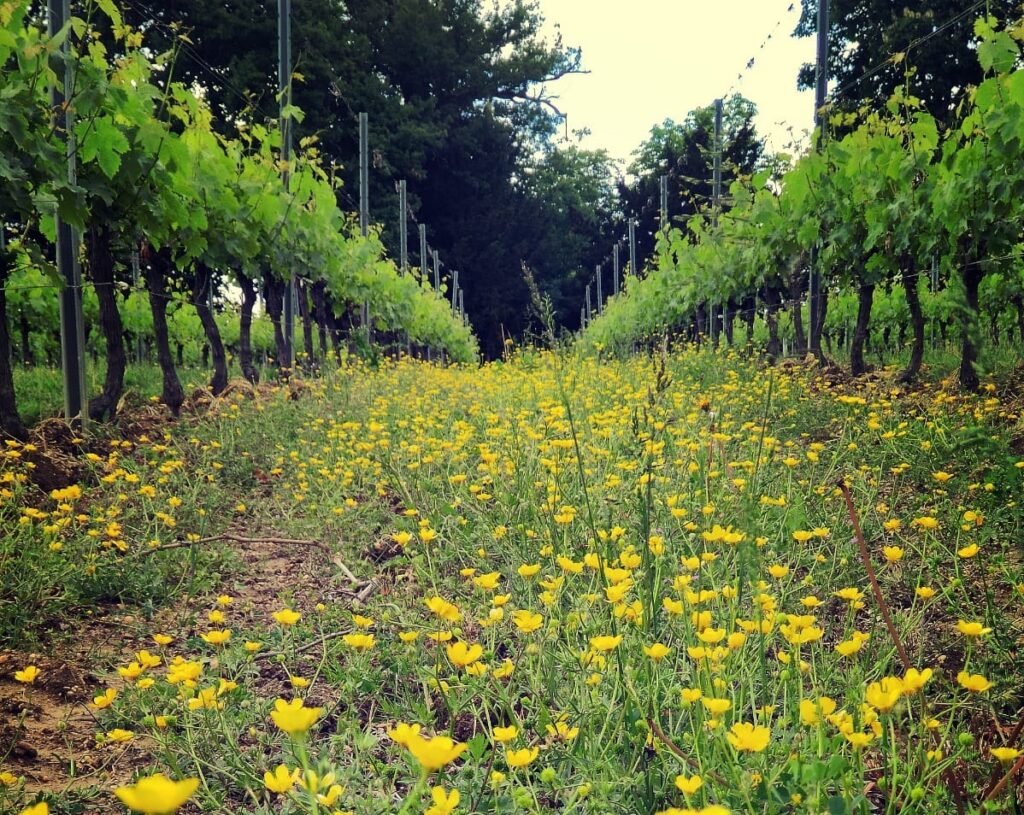
We rely on alternative methods to chemical treatments, such as sexual confusion, mechanical weeding, soil cultivation, leaf thinning, and green harvesting to combat rot, as well as the use of living organisms to prevent and reduce the impact of certain pestsIn 2017 we encouraged bats by installing 13 bat boxes. Bats feed on many harmful vineyard pests. Each one can eat up to 1,000 insects per night !
Several measures have been taken to preserve biodiversity : 925 meters of tree hedgerows, 2,000 meters of woodland edges, 1,930 meters of bushes (some very old, others planted by us), and 2 hillside lakes.
